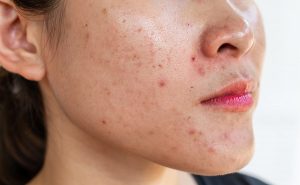
A total eclipse of the sun is coming up next week, and many folks don’t know that watching it unprotected can cause permanent eye damage, a new survey finds. Nearly 30% of Americans don’t know that looking directly into a solar eclipse without proper eye protection can cause permanent distortions or blind spots in their vision, the researchers found. “The survey results highlight the need for more community education about the true dangers associated with a total eclipse,” said study author Dr. Nicholas Kman, a clinical professor of emergency medicine at the Ohio State University’s College of Medicine. “We can’t stress enough the importance of proper eye protection.” About 32 million Americans live in areas along the path of the total solar eclipse set to occur on April 8, researchers said. A solar eclipse occurs when the moon passes between the Earth and the sun and blocks people’s view of the sun. When that happens, people in the “path of totality” will only be able to see the outer atmosphere of the sun, also known as the corona. Next week’s eclipse will start in southwest Texas and pass along the United States in a northeasterly line through parts of Oklahoma, Arkansas, Missouri, Kentucky, Tennessee, Illinois, Indiana, Ohio, Pennsylvania, New York, Vermont, New Hampshire and Maine. Looking at an eclipse is the same as staring directly… read on > read on >


































-300x200.jpg)



